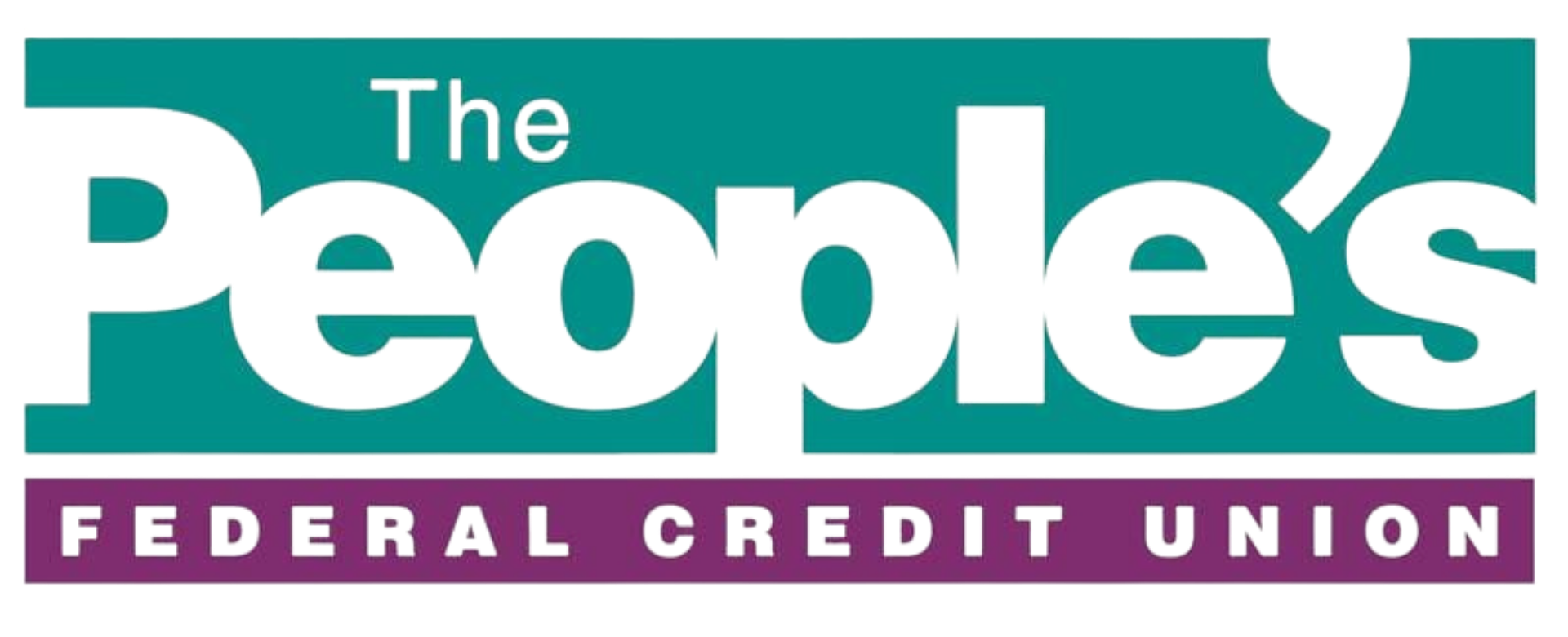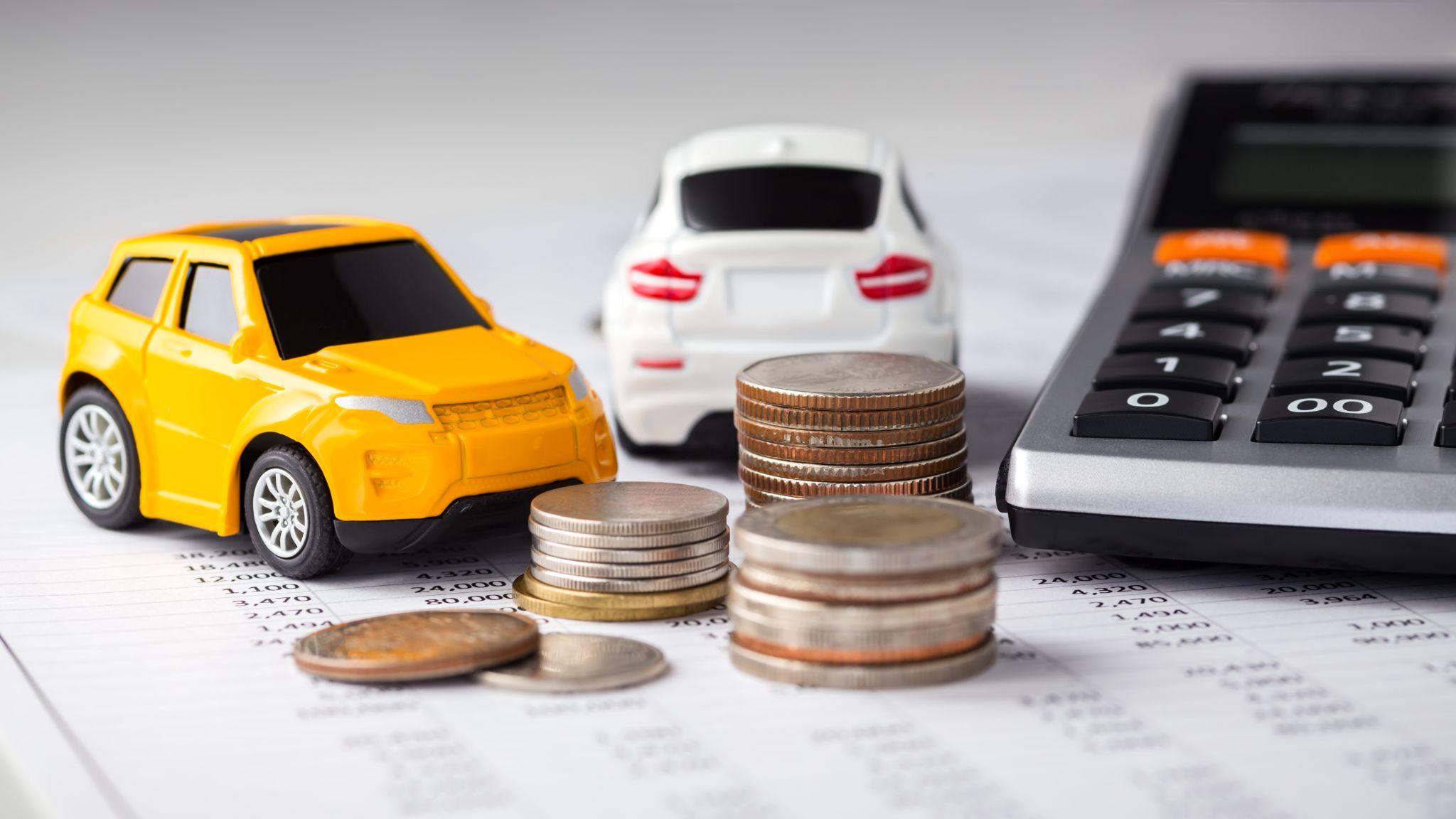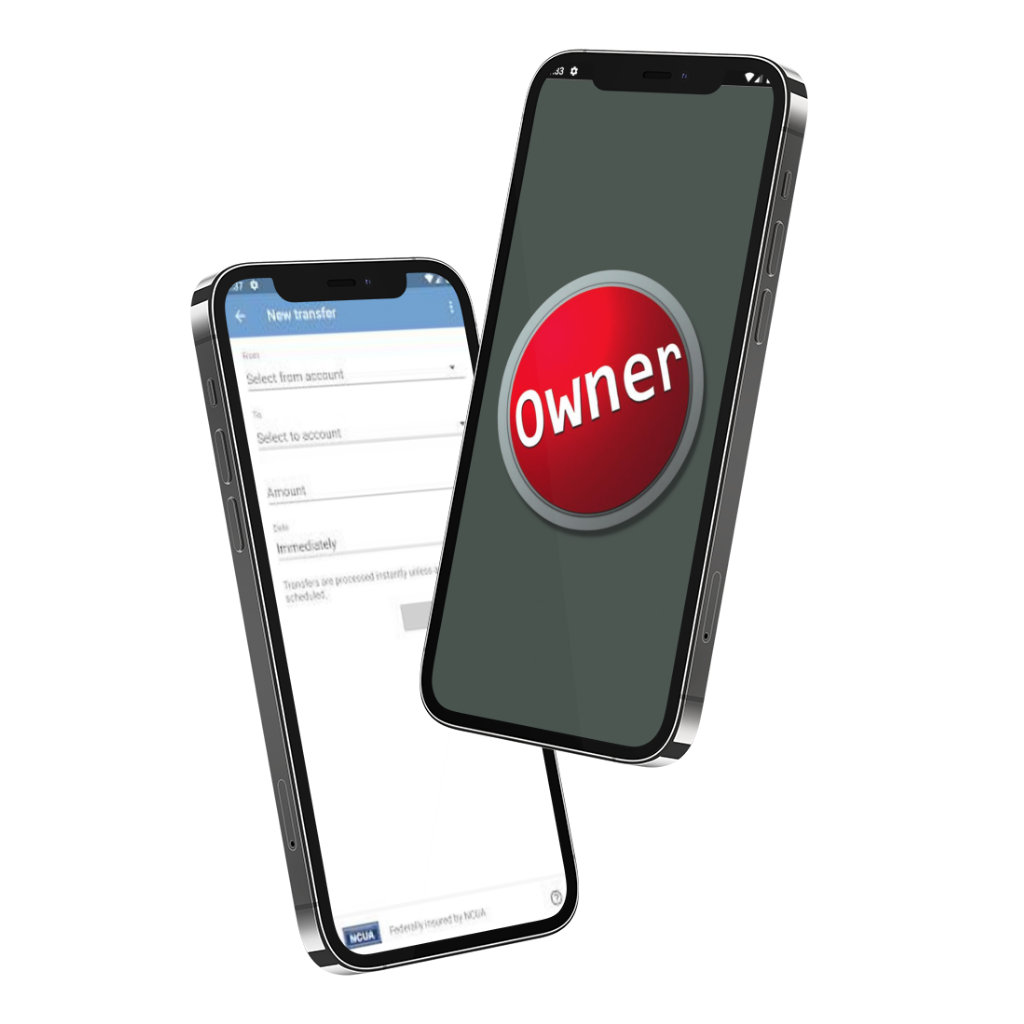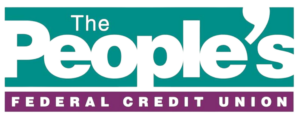Taking out an auto loan is an incredibly common way of financing a new car purchase, but often also a confusing one. There are so many different loans out there that it can be difficult to know which one to choose.
Alongside the already overwhelming number of options, many car dealerships and financial institutions will also offer vehicle gap protection, otherwise known as car gap insurance. What is gap protection on a vehicle? How does it work? Is it worth it? We go through the answers here.
What Is Gap Insurance?
In its simplest terms, guaranteed asset protection insurance (or gap insurance, for short) is a type of coverage designed to protect you in the event that your vehicle is totaled or stolen and you owe more on your car loan than the car is worth. This insurance covers the “gap” between the vehicle’s actual cash value and the remaining balance on your loan or lease.
How Does Gap Insurance Work?
Vehicles start to lose value as soon as you buy them, especially if they’re new. However, if you’ve chosen to finance your car with a loan, the loan amount usually goes down more slowly than the value of the car, leaving you with what’s called an upside-down loan—where the loan amount due is greater than the value of the car.
If you get into an accident at that point or the car is stolen, then the amount an insurance company will pay you is less than the amount you’ll have to pay to the dealership or bank. You could end up in a situation where you don’t have a car, but still have to pay back thousands of dollars!
Car gap insurance covers this gap between the value of the car and the amount of the loan. It means that if something does happen, the combination of the auto insurance and the car gap insurance will be enough to pay off the entire loan.
What Is the Cost of Gap Insurance?
In most circumstances, car gap insurance is highly affordable. Payments can be as low as $30 per annum, depending on the size and length of the original car loan and, in some cases, the type of vehicle and whether it’s new or used.
However, it’s important to know that this amount will be paid in full and upfront for the life of the loan and folded into the original loan amount. So, if your car gap insurance is $50 per year and the length of the loan is five years, $250 will be added to the loan amount from the beginning.
The other important piece of advice is to never buy gap insurance from the dealer. Salespeople are offered commissions on every type of insurance they sell and, in some cases, the premiums could be up to four times the amount you’d pay elsewhere.
Variables That May Affect the Cost of Gap Insurance
- Loan Amount: Higher loan amounts generally lead to higher gap insurance premiums.
- Loan Term: Longer loan terms can increase the cost of gap insurance.
- Type of Vehicle: New vehicles typically cost more to insure than used vehicles.
- Vehicle Value: More expensive cars may result in higher premiums.
- Down Payment: A lower down payment might lead to a higher insurance cost as the loan-to-value ratio is higher.
- Insurance Provider: Different providers have varying rates and fee structures.
- Credit Score: Some insurers consider credit scores when determining premiums.
- Location: Insurance rates can vary based on geographic location due to differing risks and regulations.
When Is Car Gap Insurance Worth It?
Since the cost of car insurance is relatively low, gap coverage is normally worth it, but this only holds true for when you have (or will soon have) an upside-down loan like in the following circumstances:
- Your initial down payment was low, so your initial loan amount was high.
- You drive a lot, so your car’s value depreciates more quickly.
- The duration of your loan is long, so the loan amount goes down slower.
- You’ve rolled over another car loan into this loan, making it much higher than the value of the car.
- You rely on only one car and can’t afford to be out of pocket.
- You own a luxury car, which tends to depreciate more quickly.
Is Car Gap Insurance Worth It for a New Car?

In many cases, yes. New cars depreciate significantly faster than used cars, often losing up to 20% of their value in the first year alone. This rapid depreciation increases the risk of having an upside-down loan. If your new car is totaled or stolen, car gap insurance ensures that you won’t be left paying off a loan for a car you no longer have. Given the relatively low cost of gap insurance, it’s generally a wise investment for new car buyers, particularly if your down payment is small or you have a long loan term. However, if you make a substantial down payment or have a short loan term, the need for gap insurance may be less critical.
Is Car Gap Insurance Worth It for a Used Car?
Yes, car gap insurance can be worth it for a used car if you have a loan on the vehicle. Since used cars generally depreciate less quickly than new cars, the likelihood of an upside-down loan is lower. However, if your initial down payment is low or the loan term is long, you might still find yourself in a situation where the car’s value is less than the remaining loan balance. In such cases, gap insurance can provide valuable protection. If you do not have a loan on the vehicle, gap insurance is not necessary.
What Is the Difference Between Gap Insurance and Other Coverage Types?
When considering how to protect your vehicle investment, it’s important to understand the differences between gap insurance and other types of coverage. Each type of insurance serves a unique purpose and provides specific benefits. The chart below compares gap insurance with other common coverage options to help you make an informed decision.
Type of Coverage |
What It Covers |
Who It’s For |
Gap Insurance |
Covers the difference between the car’s value and the remaining loan balance if the car is totaled or stolen |
Those with an upside-down loan (e.g., new car buyers, low down payment, long loan term) |
Comprehensive Insurance |
Covers damage to your car from non-collision incidents (e.g., theft, natural disasters) |
All car owners who want extensive protection |
Collision Insurance |
Covers damage to your car from collisions with another vehicle or object |
All car owners, especially those with newer vehicles |
Loan/Lease Payoff Insurance |
Similar to gap insurance but usually with a lower coverage limit and different terms |
Those looking for a gap insurance alternative |
Peace of Mind and the Right Advice at TPFCU

At TPFCU, we understand that it can be confusing to sort through all the types of insurance. We understand that at the end of the day, you just want to do what’s right for you and your family.
We’ll always put your needs first. We pride ourselves on our objective and caring advice and always giving you what’s best for your circumstances. Whether it’s vehicle gap protection or a car loan that you can actually manage, we’re here to let you live the way you want to.
For peace of mind and the right advice, contact TPFCU, a federal credit union in Amarillo that’s always looking out for you. Call us today at (806) 359-8571 to find out how we can help.








